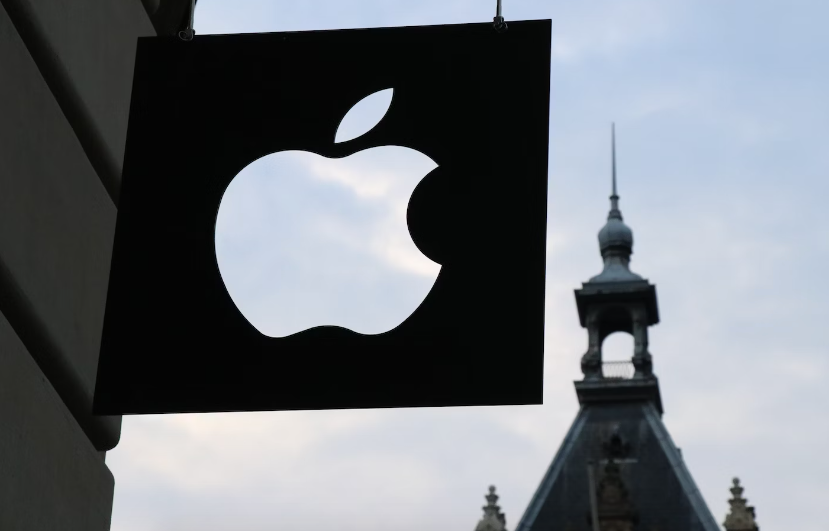Apple has filed a legal case contesting decisions made by the European Commission under the recently introduced Digital Markets Act (DMA), according to a post by the Court of Justice of the European Union. While details of Apple's challenge are not public, Bloomberg News reported it objects to the inclusion of its App Store on the list of gatekeepers targeted by the legislation.

The DMA aims to increase competition and reduce the dominance of big tech companies labeled as gatekeepers. It applies to six major firms - Microsoft, Apple, Google, Amazon, Meta, and TikTok - and designates 22 of their services, including app stores, social media platforms, search engines, and messaging services, as subject to the new rules. Companies are required to make their messaging services interoperable with rivals, allow third-party app stores, and give users more choice in apps pre-installed on devices.
Apple and other tech giants argue parts of the law unfairly target their businesses. The iPhone maker specifically contends its App Store should not be considered a gatekeeper service, despite its strong presence in the mobile app market. Meta and TikTok have also disputed the inclusion of some of their services in legal filings.
The DMA aims to loosen the grip companies like Apple and Google have on the app economy. The companies control major app stores on their respective mobile operating systems, iOS and Android. This gives them significant power over app developers and has led to allegations of anti-competitive behavior.
Apple imposes strict rules and takes a 15-30% commission on App Store purchases, which developers claim is excessive. The company argues the cut helps fund security measures and other app store improvements. But regulators counter the fees stifle competition and consumer choice.

The DMA's interoperability requirements threaten Apple's closed ecosystem approach. The company tightly integrates its hardware, software and services to provide a seamless user experience. Forcing App Store changes could degrade user security and privacy, Apple contends.
But the European Commission believes the new competition rules will spur innovation and give consumers more options. Though Apple is appealing, it and other gatekeepers face hefty fines up to 10% of annual global turnover if they do not comply. Apple expects to implement App Store adjustments by the March deadline.
The DMA, alongside the Digital Services Act regulating online content, reflect Europe's aggressive stance on regulating big technology companies. The landmark laws have faced intense lobbying from the tech industry concerned about the impact on their business models. But regulators insist the new framework is necessary to curtail anti-competitive behavior and create a more level playing field.
Legal experts say while appeals from Apple and others could lead to tweaks, outright overturning the legislation is unlikely. The rules already enjoy broad political support from European lawmakers, who passed the DMA by a wide margin earlier this year. As other countries also examine steps to check the dominance of major tech platforms, the EU's approach could become an important model for regulating the industry worldwide.




